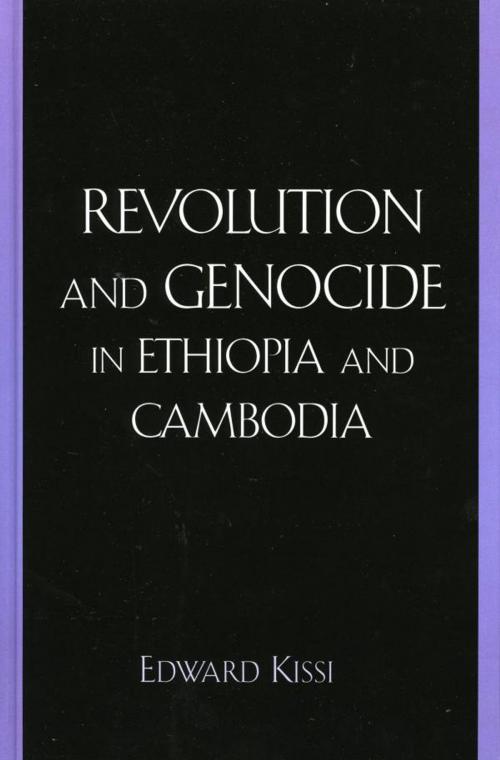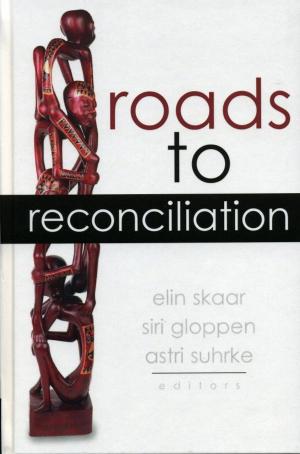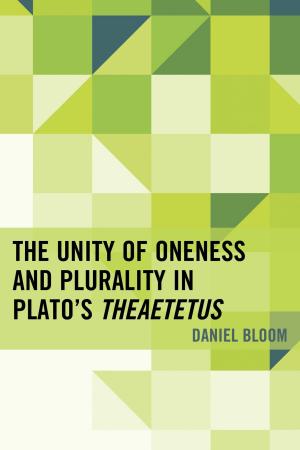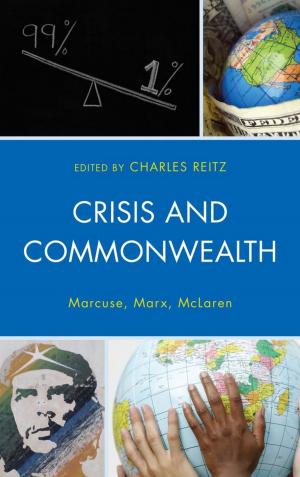Revolution and Genocide in Ethiopia and Cambodia
Nonfiction, Social & Cultural Studies, Political Science, Government, Communism & Socialism, Democracy| Author: | Edward Kissi | ISBN: | 9780739160374 |
| Publisher: | Lexington Books | Publication: | March 20, 2006 |
| Imprint: | Lexington Books | Language: | English |
| Author: | Edward Kissi |
| ISBN: | 9780739160374 |
| Publisher: | Lexington Books |
| Publication: | March 20, 2006 |
| Imprint: | Lexington Books |
| Language: | English |
Revolution and Genocide in Ethiopia and Cambodia is the first comparative study of the Ethiopian and Cambodian revolutions of the early 1970s. One of the few comparative studies of genocide in the developing world, this book presents some of the key arguments in traditional genocide scholarship, but the book's author, Edward Kissi, takes a different position, arguing that the Cambodian genocide and the atrocious crimes in Ethiopia had very different motives. Kissi's findings reveal that genocide was a tactic specifically chosen by Cambodia's Khmer Rouge to intentionally and systematically annihilate certain ethnic and religious groups, whereas Ethiopia's Dergue resorted to terror and political killing in the effort to retain power. Revolution and Genocide in Ethiopia and Cambodia demonstrates that the extent to which revolutionary states turn to policies of genocide depends greatly on how they acquire their power and what domestic and international opposition they face. This is an important and intriguing book for students of African and Asian history and those interested in the study of genocide.
Revolution and Genocide in Ethiopia and Cambodia is the first comparative study of the Ethiopian and Cambodian revolutions of the early 1970s. One of the few comparative studies of genocide in the developing world, this book presents some of the key arguments in traditional genocide scholarship, but the book's author, Edward Kissi, takes a different position, arguing that the Cambodian genocide and the atrocious crimes in Ethiopia had very different motives. Kissi's findings reveal that genocide was a tactic specifically chosen by Cambodia's Khmer Rouge to intentionally and systematically annihilate certain ethnic and religious groups, whereas Ethiopia's Dergue resorted to terror and political killing in the effort to retain power. Revolution and Genocide in Ethiopia and Cambodia demonstrates that the extent to which revolutionary states turn to policies of genocide depends greatly on how they acquire their power and what domestic and international opposition they face. This is an important and intriguing book for students of African and Asian history and those interested in the study of genocide.















